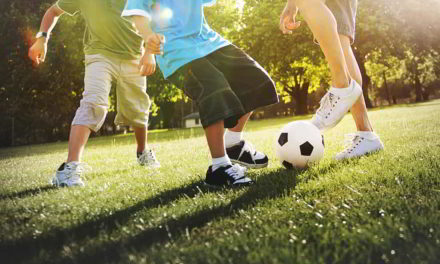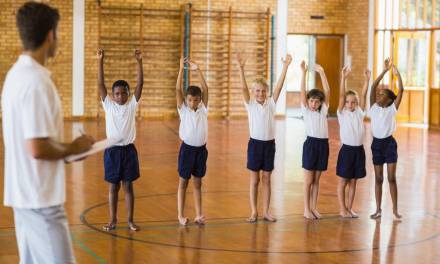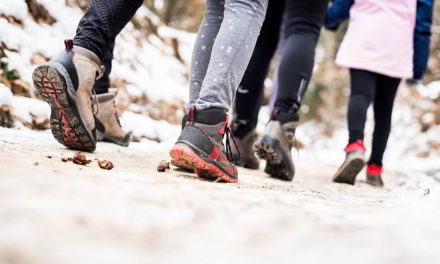The World Health Organisation (WHO) defines health as “a state of complete physical, mental and social well-being and not merely the absence of disease or infirmity”. As PE teachers, we are in a unique position where we can positively impact all three strands of well-being among our pupils. In this article, we will be exploring a range of simple strategies to help PE teachers maximise pupil well-being.
Physical health
No other lesson within a school curriculum can literally prolong a pupil’s life, and the benefits to physical health of leading an active lifestyle should be widely shared so that pupils understand the purpose of PE lessons. Ensure that your curriculum is well-planned to maximise pupil participation by offering engaging and accessible activities which pupils want to take part in, both inside and outside of the school setting.
Also consider offering traditional fitness activities, either within lessons or as part of your extra-curricular provision. Aerobics and yoga-style activities are often popular with female pupils in particular.
Ensure that fresh drinking water is freely and easily accessible to promote consumption, particularly before and after participation in PE lessons. You’ll be amazed how many pupils don’t drink the recommended 2 litres of water per day, and the benefits of this to their overall well-being are well documented.
Mental health
As teenagers in particular have more mental health illnesses than ever before, the importance of physical activity as a tool to reduce stress and tension is more important than ever. Consider common stressors that may crop up within PE lessons and try to eliminate as many of these as possible to promote participation and engagement. Suggestions include:
- Ensuring that the changing rooms are a safe space where pupils feel as comfortable as possible.
- Ensuring that the PE kit is both comfortable and suitable.
- Ensuring that pupils are not put so far out of their comfort zone that they opt out of participating, for example, if a lower-performing female student was asked to take part in a football game with higher-performing male students.
Pupils must understand the importance of PE lessons in improving their mental health, and PE time must be protected – ensure that pupils are not routinely removed from lessons for interventions or catch-up.
Social health
Through competition, teamwork, problem-solving and resilience, Physical Education lessons provide endless opportunities for pupils to develop their social skills and improve their well-being. Confidence, communication and leadership skills will be developed through the variety of roles and engagements that students will experience in your lessons.
To maximise the benefits to social health, consider:
- Allowing pupils to work in friendship groups in challenging situations, or where pupils may be outside of their comfort zone.
- Encouraging pupils to work with a wide range of peers in more familiar situations to improve their confidence and build new relationships.
- Giving pupils different leadership roles throughout the lesson. This could include handing out equipment, leading a warm-up, organising teams or taking a lead in a problem-solving challenge. Encouraging all pupils to take on these roles, rather than just those who are openly willing to, will undoubtedly lead to wider social benefits to well-being.
To summarise, a key message is that to support pupils in improving their well-being, a careful PE curriculum must be planned, and this must be delivered in a way that promotes maximum participation from your cohort. The benefits of PE to well-being must be promoted consistently and clearly. This is central to forming a positive association between PE and well-being, which could be the thing that helps develop a pupil’s mental, social and emotional well-being.
How PE Office can help well-being
PE Office can play a significant role in promoting the well-being of students by fostering a physically active and supportive learning environment. Regular physical activity has been shown to enhance cognitive function, reduce stress, and improve overall mental health. PE Office’s comprehensive curriculum provides students with opportunities to engage in a variety of physical activities, catering to different interests and fitness levels.
Additionally, the platform offers resources for promoting mindfulness and self-awareness, helping students develop coping strategies for stress and anxiety. Furthermore, PE Office encourages teamwork and collaboration, fostering a sense of belonging and community among students. By incorporating these well-being initiatives into PE classes, PE Office can make a positive impact on the overall well-being of students.










